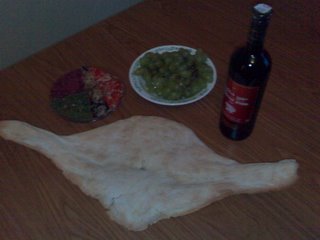 To the left is today's lunch, showing....a Georgian bread (the thing looking like a flattened dead duck), a selection of salads, grapes (bought), and a closed bottle of wine (something had to add height to the composition!).
To the left is today's lunch, showing....a Georgian bread (the thing looking like a flattened dead duck), a selection of salads, grapes (bought), and a closed bottle of wine (something had to add height to the composition!).
This is the bread that I had written about some time ago, which is cooked in that round oven halfway underground, which the baker dives into and slaps the dough on the wall. All Georgians love it though they say it makes you very fat - because it is so nice. Mine usually lasts a few days and then I wrap the rest nicely and place it on a rubbish bin, where a hungry person might find it and devour it. The other day I did not find a bin on the way to the posh Marriott Hotel (for our project launch with the First Lady) so I had to give it to a lady begging in the street. Luckily she took it.
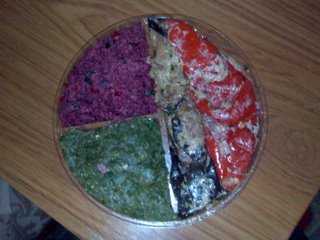
To the left is a ready made salad mix I bought, consisting of typically Georgian salads...it consists of a beetroot salad, possibly with nuts and prunes, a spinach salad possibly also with nuts and something white and crunchy, and grilled aubergines and peppers stuffed with ground walnut. Half of this is quite enough for lunch, especially with a hunk of bread.
For tonight there will be Jerusalem artichoke soup - I was totally surprised to find these in a little greengrocer's the other day. My Georgian colleague did not know them either. I have not eaten them since I lived in Scotland and grew them in my garden. They are always a pain to peel, but the taste is wonderful - the aftereffects are something else...I cannot remember where I got to know them - at
Finlaystone? Once you have them in your garden it is hard to get rid of them.
Khachapuris, the bread mentioned below, come in different flavours from gruesome to absolutely delicious, depending on how they are made. Basically it is a dough (either yeast or flaky pastry) filled with cheese and sometimes egg, too. If you go down t
his page you will see a particularly challenging one. It is always served hot. Georgian khachapuris are better than Armenian ones, and the Georgians are surprised that you can get them in Armenia, too. And that's quite enough that I have spelt out that word!
Final comment on food - on my meanderings on the way back from the baths I had spotted a very German health food shop, containing everything from organic spices to organic baby clothes, plus some souvenir fabrics and things - and 'Lebkuchengewuerz', a spice for German Christmas baking which you can almost not get outside Germany. So of course I had to pop in and get some for my Christmas Stollen which I will need to bake as soon as I get home. That might be the first time it is baked with the right spices....

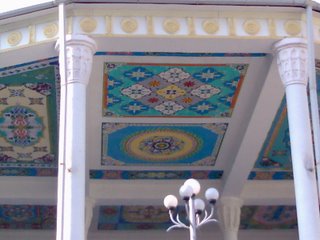
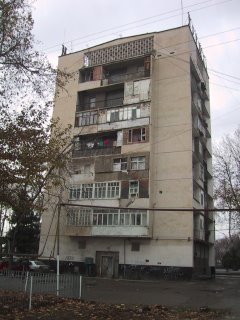
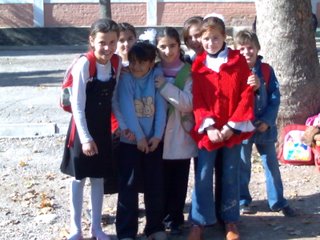
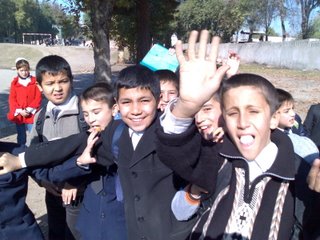
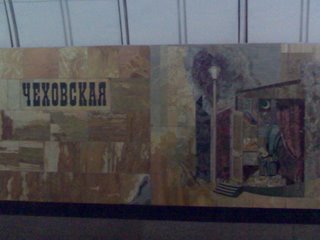
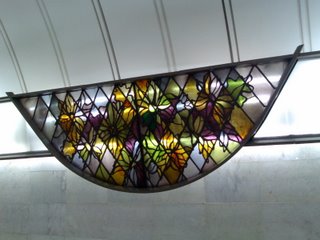

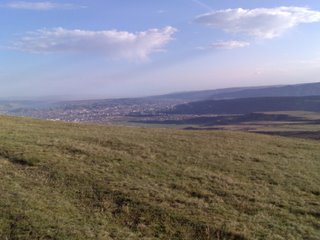




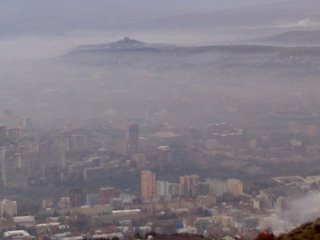


0 comments:
Post a Comment